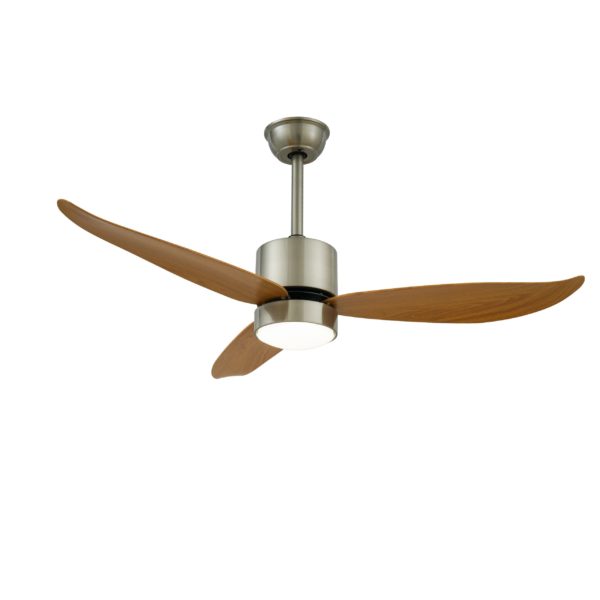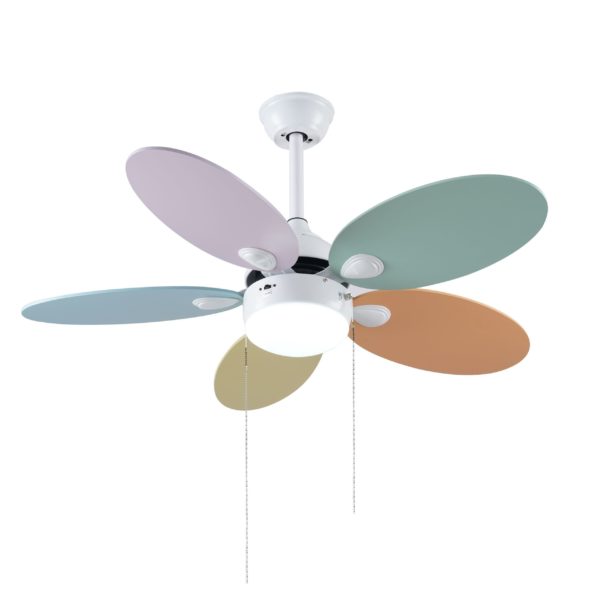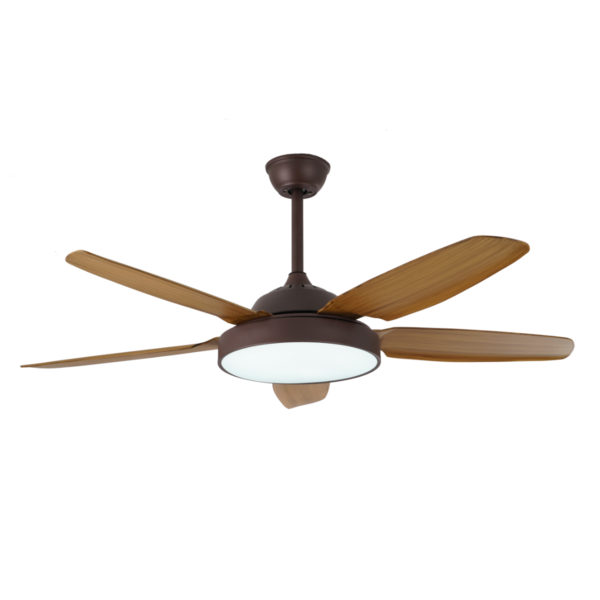Are you considering adding a decorative ceiling fan to your home? As someone who has explored various styles and options, I can assure you that ceiling fans are not just functional; they can significantly enhance the decor of your space. In this comprehensive guide, we will delve into the world of decorative ceiling fans, covering styles, benefits, installation tips, and more!
What is a Decorative Ceiling Fan?
A decorative ceiling fan is not just a tool for cooling your room; it’s a versatile piece of decor that complements your interior design. From modern minimalist designs to vintage-inspired pieces, decorative ceiling fans blend form and function seamlessly.
Benefits of Decorative Ceiling Fans
1. Aesthetic Appeal
One of the primary reasons to choose a decorative ceiling fan is its ability to add style to a room. A well-chosen fan can serve as a focal point that draws attention and enhances the overall aesthetic of the space.
2. Energy Efficiency
Did you know that ceiling fans can help reduce your energy bills? By circulating air effectively, they allow you to set your thermostat a few degrees higher in summer and lower in winter, providing significant savings over time.
3. Improved Air Quality
Ceiling fans promote better air circulation, which helps to eliminate stagnant air and keeps your home feeling fresh. This can be particularly beneficial in areas with high humidity.
4. Versatility
With various styles, sizes, and finishes available, decorative ceiling fans can be installed in virtually any room, including living rooms, bedrooms, outdoor spaces, and more.

Choosing the Right Decorative Ceiling Fan
1. Consider the Style of Your Home
Before purchasing a decorative ceiling fan, evaluate your home’s overall style. Whether your decor is contemporary, traditional, rustic, or industrial, there are ceiling fans designed to fit any aesthetic.
2. Size Matters
Choosing the right size ceiling fan for your room is crucial. A fan that is too small will be ineffective, while one that is too large can overwhelm the space. Here’s a handy size guide based on room dimensions:

| Room Size | Fan Blade Span |
|---|---|
| Up to 75 sq. ft. | 29 – 36 inches |
| 76 – 144 sq. ft. | 36 – 42 inches |
| 144 – 225 sq. ft. | 44 – 50 inches |
| 225 – 400 sq. ft. | 50 – 54 inches |
| Over 400 sq. ft. | 60 inches or larger |
3. Choose the Right Finish and Color
Decorative ceiling fans come in various finishes, including wood, metal, and glass. Choose a finish that complements the other elements in your room. For instance, a brushed nickel fan looks modern, while a dark wood fan provides a more traditional feel.

Types of Decorative Ceiling Fans
1. Traditional Ceiling Fans
These fans often feature wooden blades and classic designs. They are perfect for country or rustic-style homes.
2. Modern Ceiling Fans
Sleek lines and minimalistic designs characterize modern ceiling fans. These fans often feature unique materials like chrome and glass.

3. Industrial Ceiling Fans
Industrial-style fans typically have a raw, rugged look and are great for lofts or spaces with an industrial decor theme.
4. Flush Mount Ceiling Fans
Ideal for rooms with low ceilings, flush mount fans sit directly against the ceiling and offer a stylish solution without sacrificing headroom.

5. Outdoor Ceiling Fans
These fans are designed to withstand outdoor elements while providing comfort in patios, porches, and outdoor dining areas.
Installation Tips for Decorative Ceiling Fans
1. Choose the Right Location
The ideal location for a ceiling fan is at least 8-9 feet above the floor for optimal airflow. Make sure the fan is centered in the room for even air distribution.

2. Use a Mounting Bracket
Ensure that the fan is securely mounted using a mounting bracket. If you’re installing in a sloped ceiling, choose an angled mounting kit.
3. Follow the Manufacturer’s Instructions
Each fan will come with specific installation instructions. It’s essential to follow these closely to ensure safety and functionality.
/product/30/405488/1.jpg)
4. Consider Professional Installation
If you’re uncomfortable with electrical work, hiring a professional electrician to install your ceiling fan is a wise choice.
Maintaining Your Decorative Ceiling Fan
1. Regular Cleaning
Dust and dirt can accumulate on the blades, affecting performance and aesthetic appeal. Use a microfiber cloth to wipe down the blades regularly.
2. Check for Loose Screws
Periodically check all screws and bolts to ensure they are tight. This will prevent wobbling and noise during operation.
3. Lubricate the Motor
Some fans require occasional lubrication of the motor to ensure smooth operation. Refer to the manufacturer’s guidelines for specifics.
4. Replace Worn Parts
If you notice any wear or damage to the blades or motor, consider replacing them. Keeping your fan in good condition is crucial for longevity.
Pros and Cons of Decorative Ceiling Fans
Pros
- Adds style and decor to any room
- Energy savings through efficient cooling
- Promotes better air circulation
- Variety of styles and options available
Cons
- Initial installation cost
- Can be noisy if not maintained
- Requires occasional cleaning and maintenance
Frequently Asked Questions (FAQs)
1. Can decorative ceiling fans be used outdoors?
Yes! Many decorative ceiling fans are specifically designed for outdoor use, featuring weather-resistant materials.
2. How do I choose the right size ceiling fan for a large room?
For larger rooms, select fans with a blade span of 60 inches or larger and consider multiple fans for more effective air circulation.
3. Are decorative ceiling fans energy-efficient?
Yes, many decorative ceiling fans are energy-efficient, especially those with a DC motor. They consume less electricity while providing effective cooling.
4. How often should I clean my ceiling fan?
It is recommended to clean your ceiling fan at least once a month to maintain its performance and appearance.
5. Can I install a ceiling fan without a light fixture?
Yes, many ceiling fans are designed to operate without a light kit. You can choose a fan that fits your needs!